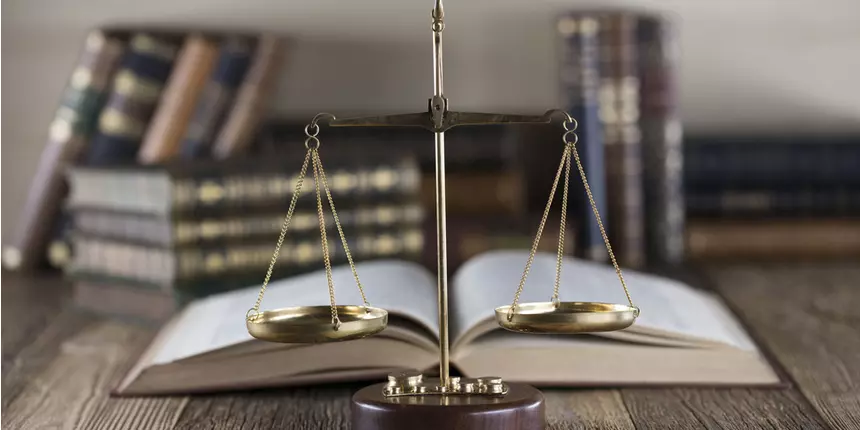
“Intellectual Property is the oil of 21st century”Intellectual Property is the oil of 21st century”
-Mark Getty
Trademark: A trademark is a distinctive symbol, word, phrase or logo that identifies and distinguishes the source of goods or services of one party from those of others. It serves as a unique brand identifier, creating a connection between consumers and the quality or origin of a product. Governed by the Trade Marks Act 1999, businesses can register their trademarks for legal protection. Trademark registrations in India are initially valid for 10 years and can be renewed indefinitely in subsequent 10 year periods.
Copyright: A Copyright is a legal protection granted to the creators of original works of authorship, encompassing literary, artistic, and intellectual creations. These works include literature, music, art and software. Copyright grants the creator exclusive rights to reproduce, distribute, display and perform their work. Unlike trademarks, copyright protection is automatic upon the creation and registration is not required, although it offers additional legal benefits. Copyright protection lasts for the lifetime of the creator plus 60 years, ensuring the preservation of creative rights.
Patents: A patent gives its owner the legal right to exclude others from making, using, or selling an invention for a limited period of time. This exclusivity is intended to stimulate research and development by allowing inventors to commercialize their inventions without fear of immediate competition. In India, patents are initially granted for 20 years from the filing date, after which the protection expires